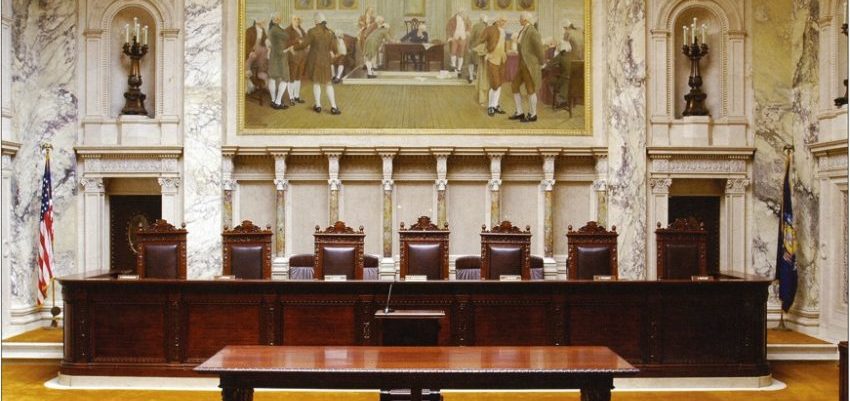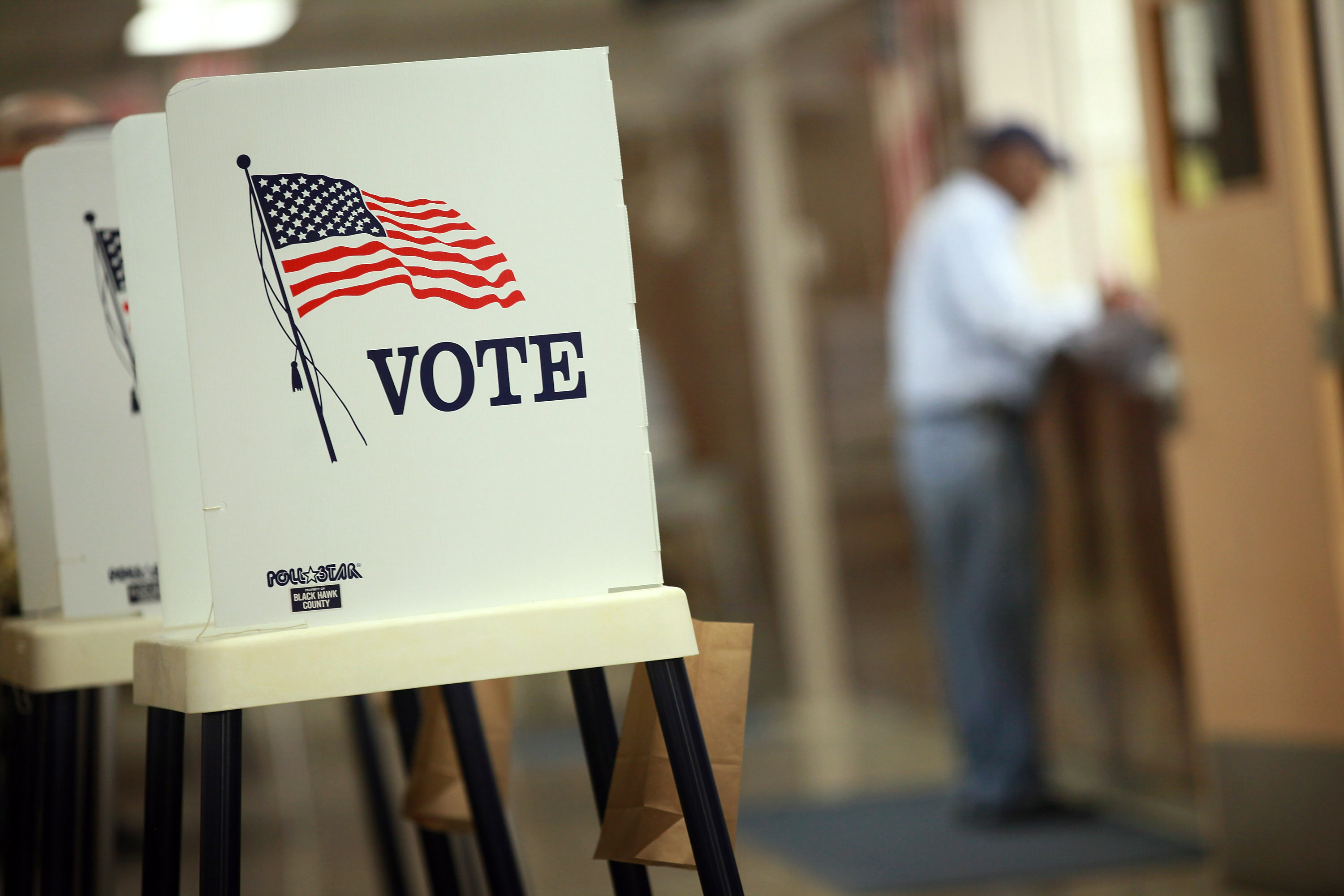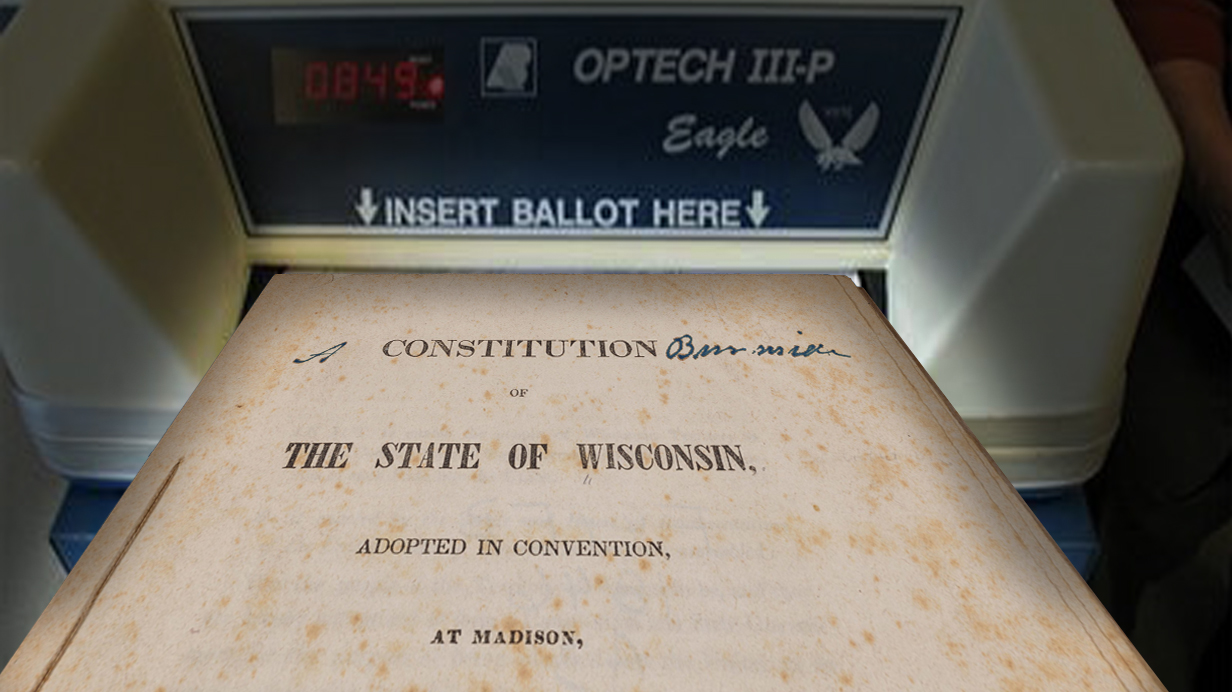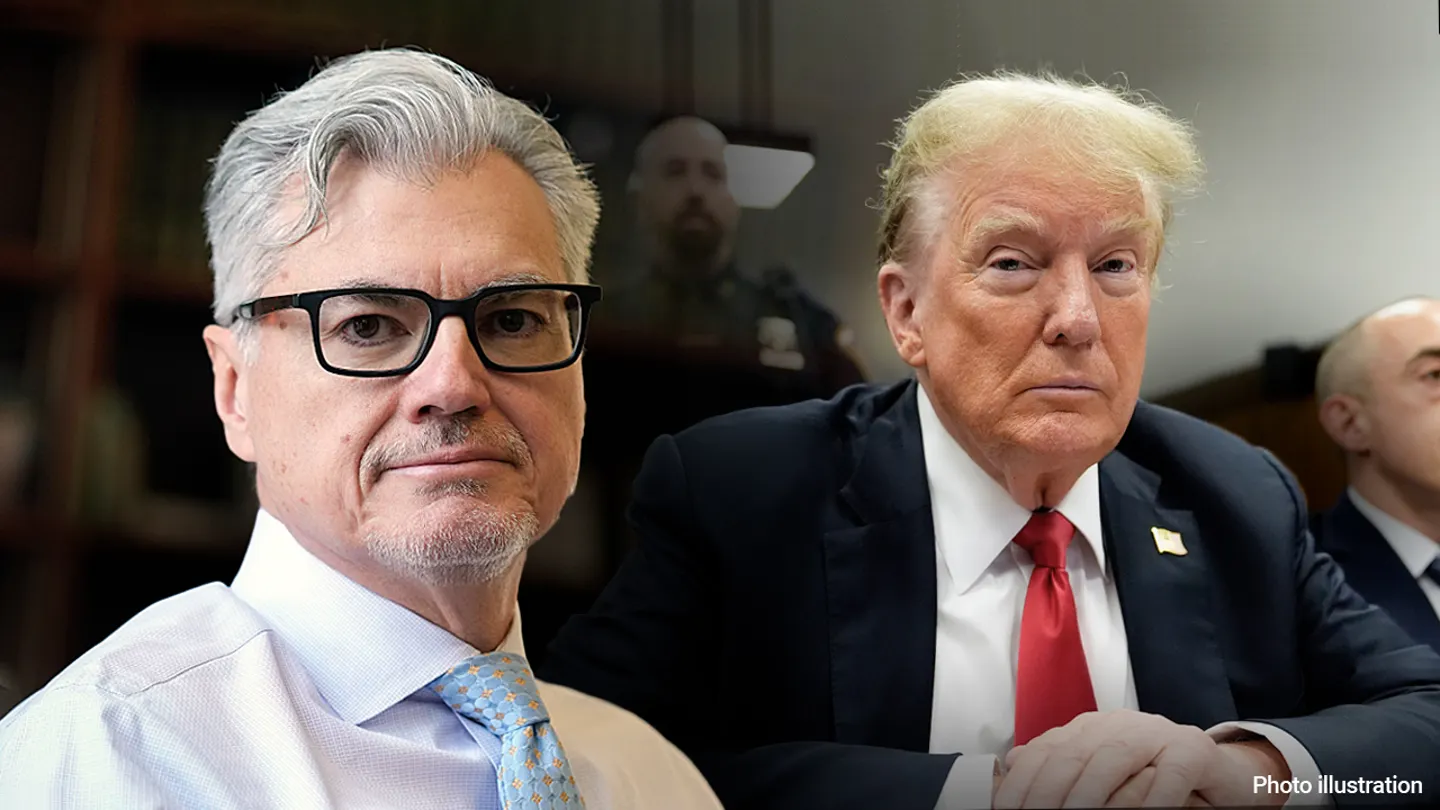 [bctt tweet=”A lawsuit filed by legislative Republicans on Thursday aims to stop Attorney General Josh Kaul from using ‘sue-and-settle’ legal bludgeoning tactics in Wisconsin. #wiright #wipolitics ” username=”MacIverWisc”]
[bctt tweet=”A lawsuit filed by legislative Republicans on Thursday aims to stop Attorney General Josh Kaul from using ‘sue-and-settle’ legal bludgeoning tactics in Wisconsin. #wiright #wipolitics ” username=”MacIverWisc”]
MacIver News Service | August 2, 2019
By Chris Rochester
MADISON – Wisconsin legislative leaders on Thursday sued Attorney General Josh Kaul in an effort to force him to comply with state laws passed during last December’s extraordinary session.
The laws seek to prevent Kaul from engaging in “sue and settle,” a tactic where the attorney general sues a business, then settles the case outside of court and gives the settlement money to preferred left-wing causes. The extraordinary session law requires the Joint Finance Committee to approve any settlements reached by the Department of Justice.
The extraordinary session law also requires any money obtained by the state to be deposited into the general fund, not the attorney general’s budget.
But Kaul has effectively nullified these requirements, the lawsuit argues, because he is interpreting the law narrowly and giving himself the ability to pick and choose when he should comply.
“Attorney General Kaul is taking an unrealistic view of the law and refusing to comply with previous court rulings. State law requires Kaul to send cases to the Joint Finance Committee to review and to deposit all settlement money in the general fund, where it can be used on priorities such as schools or health care, said Assembly Speaker Robin Vos and Senate Majority Leader Scott Fitzgerald in a statement.
“It is egregious that Attorney General Kaul is playing a game of political keep away with potentially up to $20 million in funds that belong to hard-working Wisconsinites,” they said.
Business advocates believe the sue-and-settle provisions of the laws passed in December that preclude the attorney general from unilaterally settling cases are critical safeguards against the same kind of sue-and-settle strategies often employed at the federal level.
But Kaul contends the Legislature is simply trying to undercut the Department of Justice—and cut its budget—using “vague and poorly-written statutory language” in the extraordinary session laws.
The lawsuit is the first filed by legislative Republicans to enforce the extraordinary sessions laws. It was filed directly with the Wisconsin Supreme Court, bypassing lower courts.




